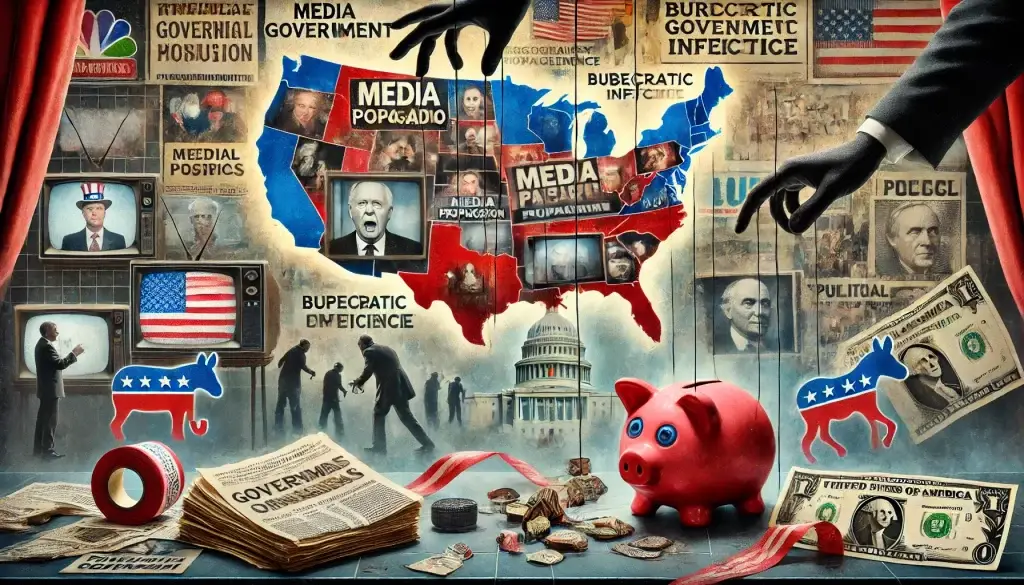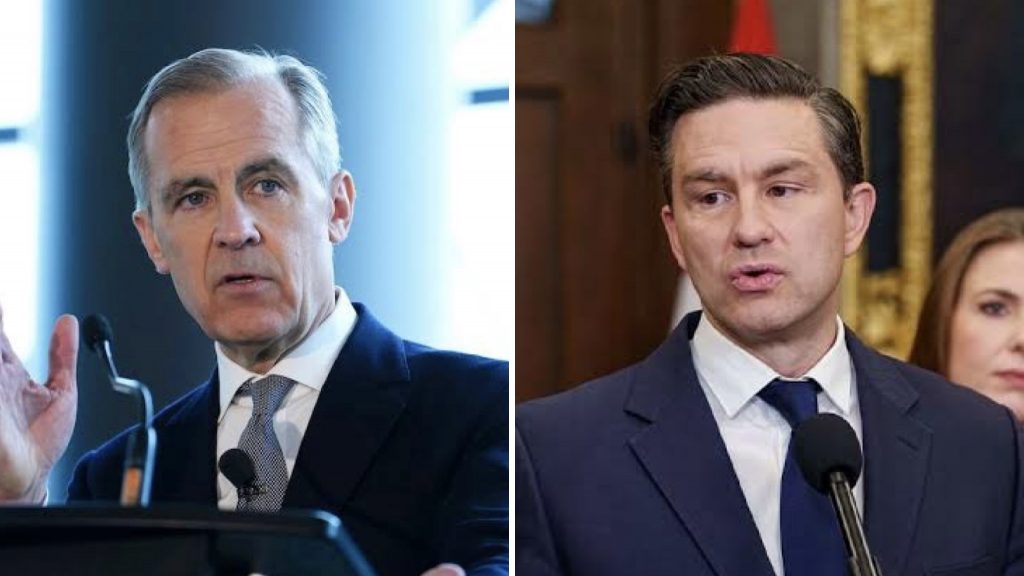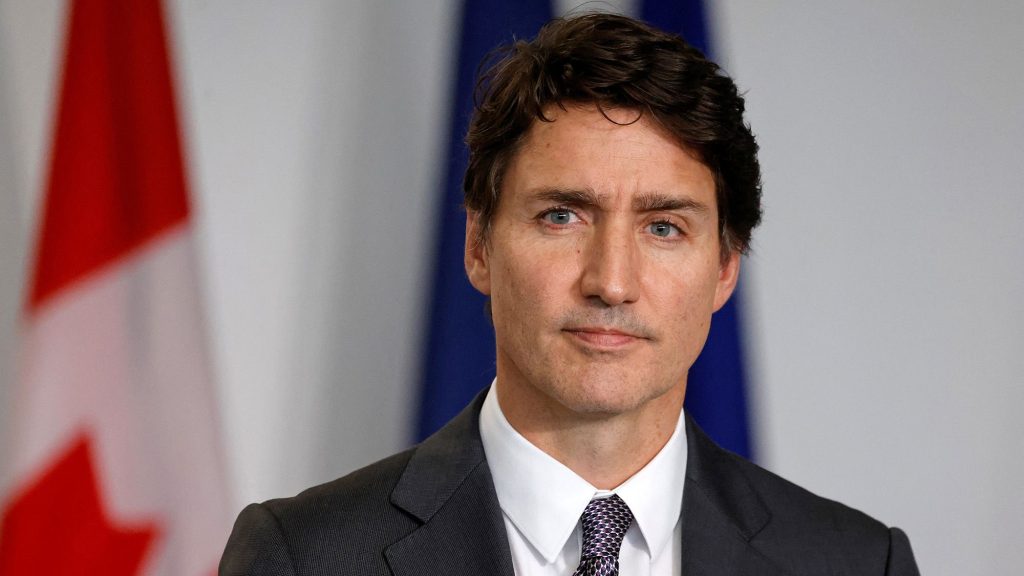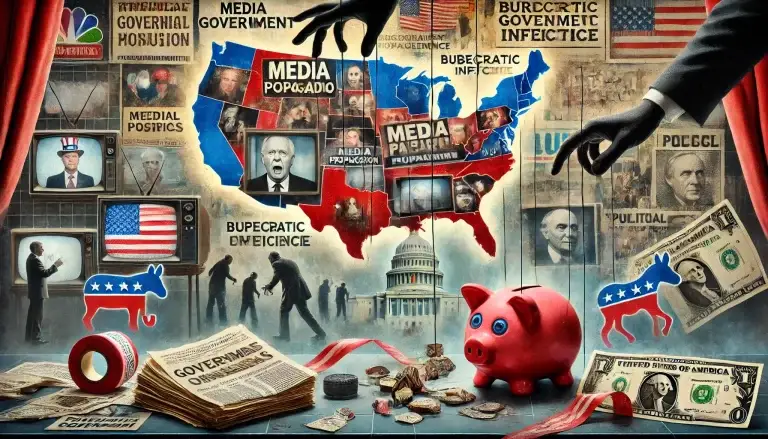
In today’s hyper-partisan environment, the interplay between media messaging and government inefficiencies has far-reaching consequences for democratic governance and electoral outcomes. Both phenomena contribute to a system in which narratives are engineered to favor specific political agendas, and public resources are managed with questionable oversight.
Shaping Narratives Through Media Propaganda
Media outlets, intentionally or not, often propagate uniform narratives that simplify complex issues into digestible talking points. This coordinated messaging can obscure critical details, allowing certain perspectives to dominate the public discourse. By repeating the same phrases and framing issues in consistent ways, these narratives can divert attention from underlying problems and present a sanitized view of events. In some cases, this approach has been used to shift the focus away from government mismanagement or controversial policy decisions, reinforcing the interests of established political powers.
Bureaucratic Inefficiencies and Fiscal Mismanagement
Parallel to media narratives, systemic flaws in bureaucratic processes contribute significantly to fiscal waste and inefficiency. Government spending, for instance, can sometimes occur without proper checks and balances, leading to billions of dollars disappearing into untraceable channels. Small administrative oversights—like the absence of detailed payment codes or explanatory comments on disbursements—can translate into multi-billion-dollar outcomes that escape conventional audit processes. This lack of accountability not only fosters an environment ripe for fraud but also allows wasteful spending to continue unchecked.
Political Strategies and the Transformation of Electoral Landscapes
An alarming consequence of these inefficiencies is the alleged use of policy as a tool for political engineering. For example, there are claims that critical decisions affecting national operations, such as rescue missions, have been influenced by partisan considerations. In one notable case, a potential early rescue of astronauts was reportedly delayed for political reasons, with the timing adjusted to avoid giving a political boost to opposition forces. Instead, the only available and safe option was postponed until after a major political transition, effectively turning a life-or-death scenario into a bargaining chip.
Beyond individual incidents, there is a broader strategy aimed at reshaping the electoral map. Policy measures—ranging from subsidized services for noncitizens to relaxed voter identification requirements—are seen by some as deliberate moves to alter the balance in competitive regions. By creating conditions that favor one party, such measures can transform traditionally swing states into strongholds. Critics argue that these actions not only undermine fair electoral competition but also erode the foundational principles of representative democracy.
The Intersection of Propaganda and Policy
When media narratives and bureaucratic mismanagement converge, they produce a powerful feedback loop. On one side, orchestrated messaging minimizes public awareness of fiscal waste and the inconsistent application of laws. On the other, the resultant inefficiencies in government operations make it easier for partisan policies to take root and persist. The combination of these forces can lead to a scenario where vital resources are misallocated, and the political playing field is intentionally skewed in favor of a particular ideology.
For instance, policies designed to subsidize critical services may serve dual purposes: addressing immediate social needs while simultaneously acting as a political magnet to secure electoral gains. By shifting the demographic makeup of key voting regions, these measures can gradually eliminate the competitive nature of swing states, paving the way for a more permanent one-party system. This long-term transformation not only affects the balance of power in elections but also limits the accountability of those in government.
Conclusion
The convergence of media propaganda and bureaucratic inefficiencies creates a formidable challenge to democratic governance. Uniform, coordinated narratives can mask systemic flaws in fiscal management, while policies driven by partisan interests can reshape the political landscape in profound and lasting ways. As public resources continue to be mismanaged and political messaging grows ever more strategic, the need for transparency, accountability, and informed civic engagement becomes increasingly critical. Only by addressing both the narrative and the process can a truly balanced and effective government be achieved.



